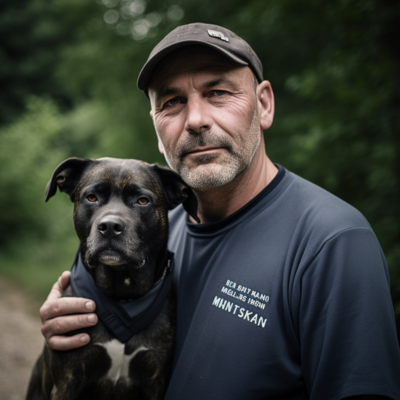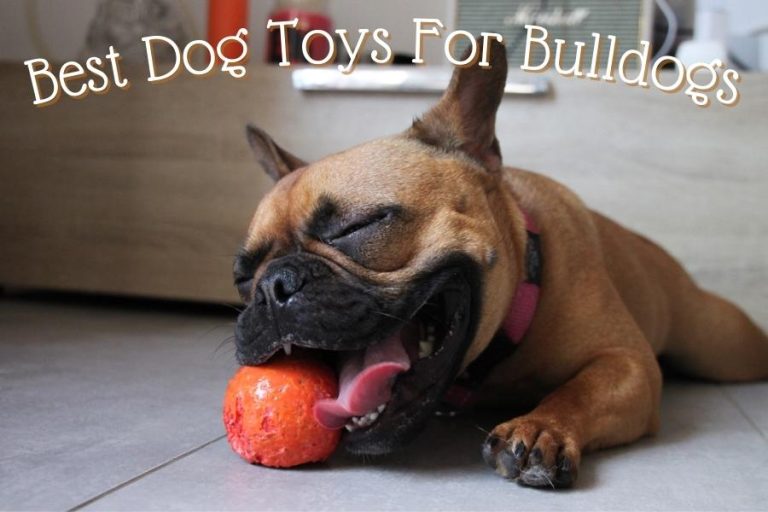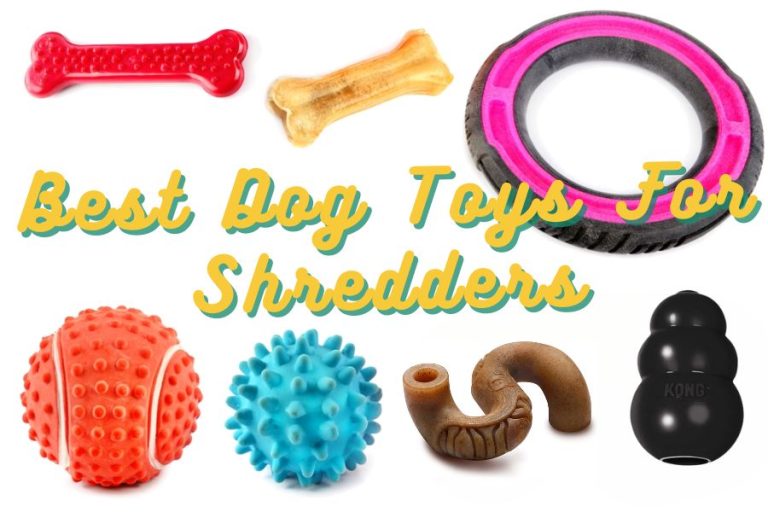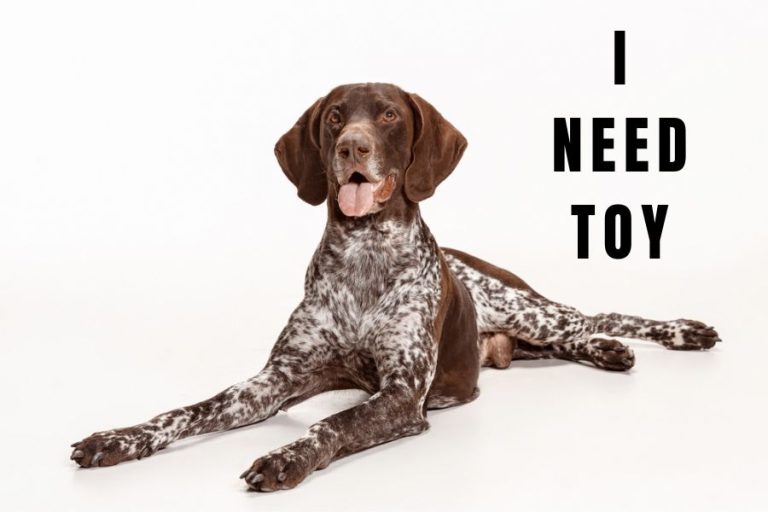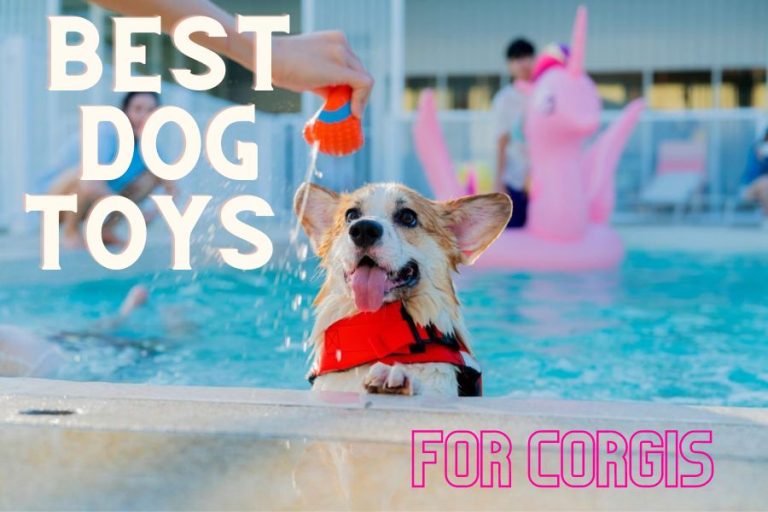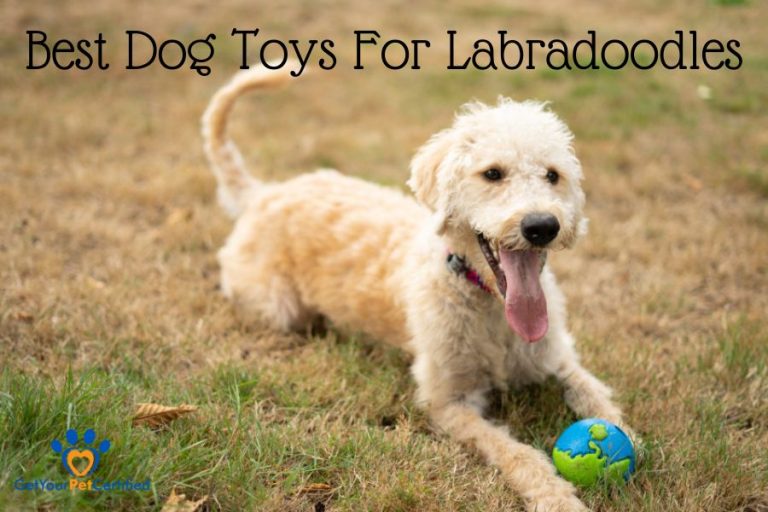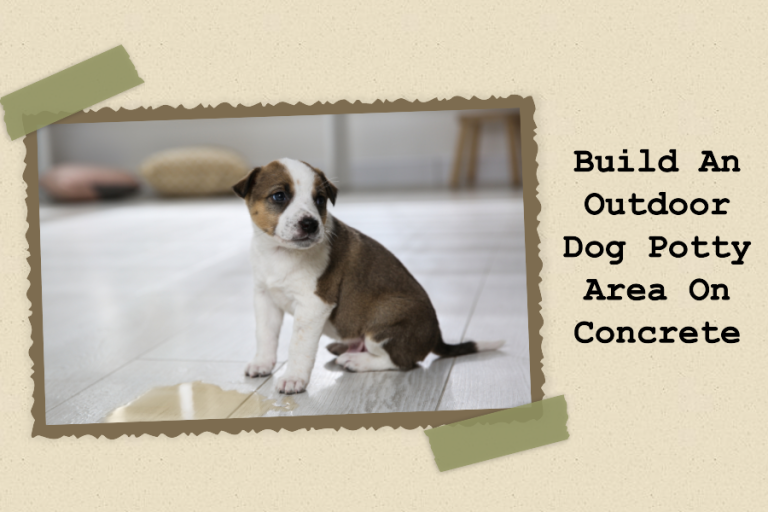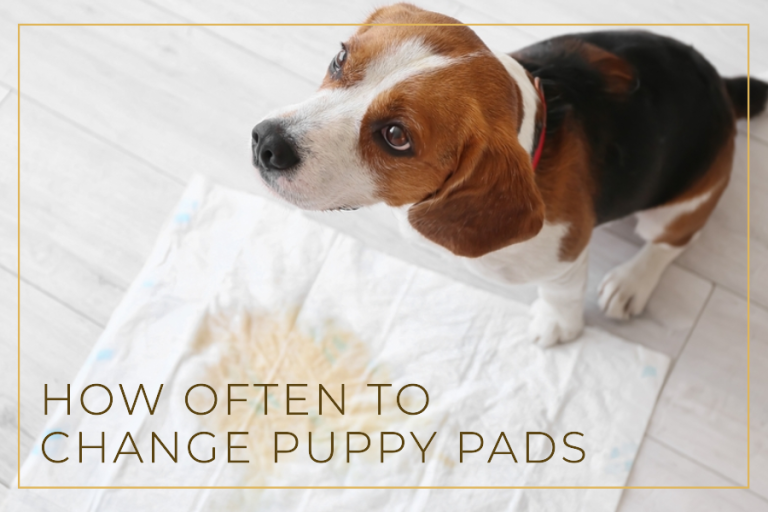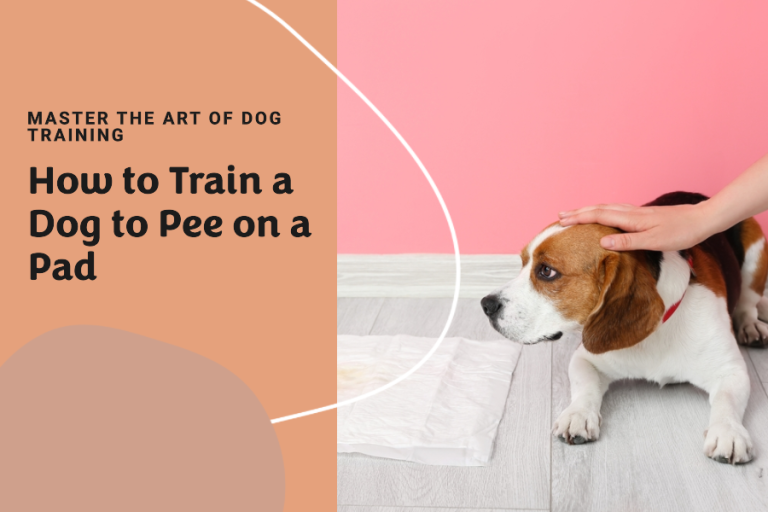Are Corgis Super Chewers? – Chewers Unveiled
Quick Facts About Corgis
Many people considered getting a Corgi, but they were all worried about their chewing habits. Are Corgis Super Chewers? Let’s dive in and explore the truth behind Corgis reputation as super chewers.
They have become popular in recent years, especially since the Queen of England, Queen Elizabeth II, is known for her love of Corgis:
- Corgis are a small breed of herding dogs originating from Wales, which means “dwarf dog”.
- There are two distinct breeds of Corgis: the Pembroke Welsh Corgi and the Cardigan Welsh Corgi.
- This breed is loved for its distinctive physical features: short legs, fox-like face, and erect ears.
- They are known for their playful and affectionate nature, which makes them excellent at learning new commands and tricks.

What Are The Benefits Of Chewing For My Corgi?
Relief from anxiety , stress, and boredom
- Mental Stimulation: Chewing keeps your Corgi’s mind engaged and prevents boredom.
- Satisfy their natural instinct: Their natural instinct is to explore and interact with their environment, which can contribute to their overall well-being.
- Stress Relief: Chewing helps them relax and alleviate anxiety or frustration.
- Entertainment and Engagement: Provide them with a productive outlet for their energy and prevent them from engaging in undesirable behaviors out of boredom.
Dental health
- Reducing plaque and tartar buildup: chewing on dental chews or toys can help remove debris and promote healthy gums.
- Soothe their sore gums: chewing can be particularly beneficial for young Corgis who are teething.
- Reducing the likelihood of destructive chewing: teething toys can save your furniture and belongings from becoming their targets.
Strengthen their jaw muscles
- Exercise for Jaw Muscles: Chewing provides exercise for your Corgi’s jaw muscles
- Promotes healthy muscle development.
Are Corgis Aggressive Chewers? Do Corgis Chew A Lot?
Like all dogs, Corgis can develop chewing habits due to a variety of factors. Including their age, exercise routine, teething phase, and mental stimulation.
Luckily, Corgis are not typically known to be aggressive chewers compared to some other breeds. In fact, individual Corgis can have different personalities and tendencies. Some Corgis may be aggressive chewers, while others may not. Corgis may exhibit varying levels of chewing behavior based on their personality, age, and specific training.
When does the period of chewing begin and end?
Begin of Chewing Phase
During the ages of 3 and 7 months, Corgis may chew more, which typically occurs between their teething phases. This is a normal part of their growth as their baby teeth fall out and are replaced by their adult teeth.
During this time, they may experience discomfort as their adult teeth grow, leading to increased chewing tendencies. It’s important to give them the right toys to chew on so they don’t chew on your things and cause damage.
End of the Chewing Phase
Corgi chewing habits may decrease around 18–24 months of age. However, it’s important to note that chewing is still a natural behavior for dogs throughout their lives. Adult Corgis may still engage in chewing to relieve stress, keep their teeth clean,or satisfy their natural instinct.
The amount of chewing can also be influenced by various factors, such as exercise, mental stimulation, and access to appropriate chew toys.
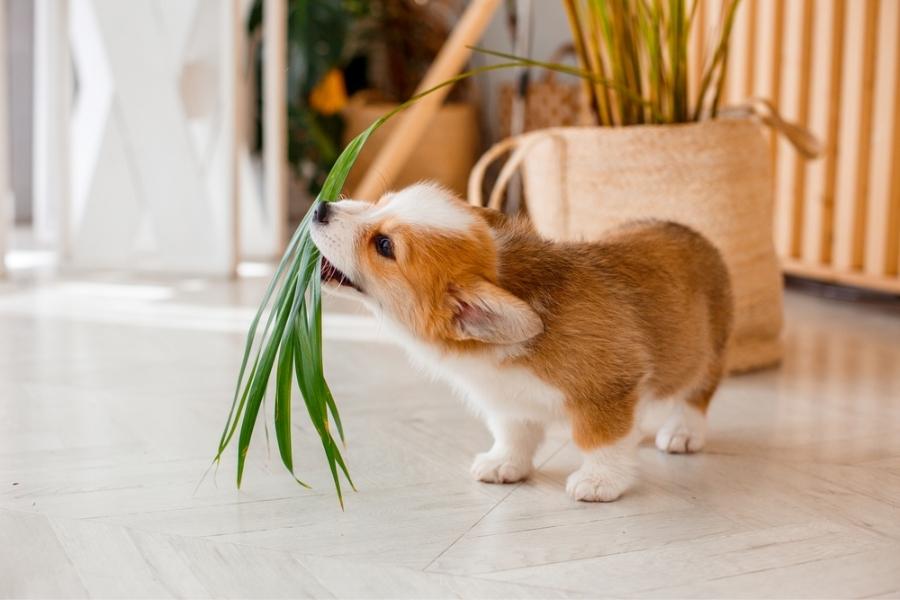
How Do I Deal With It?
It’s important to provide your Corgi with appropriate alternatives rather than punishing them for inappropriate chewing:
Provide appropriate toys and chew items
Corgis are known to be mouthy dogs and may chew on things they shouldn’t. Providing appropriate toys and chewing items can redirect their chewing behavior and prevent the destruction of other items in the house. Durable toys may be more suitable for aggressive chewers.
Use deterrents
Products like Bitter Apple or Vick’s VapoRub can be used on your hands or on items that you want your Corgi to avoid chewing on. These products have a bad taste and can discourage your Corgi from chewing.
Avoid using your hands to play
If you play with your Corgi with your hands, it may learn to bite and nip, which could lead to harmful chewing in the future.
Training and socialization are important to prevent potential aggression issues and destructive chewing behavior. Training can also help teach your Corgi what is appropriate to chew on and what is not.
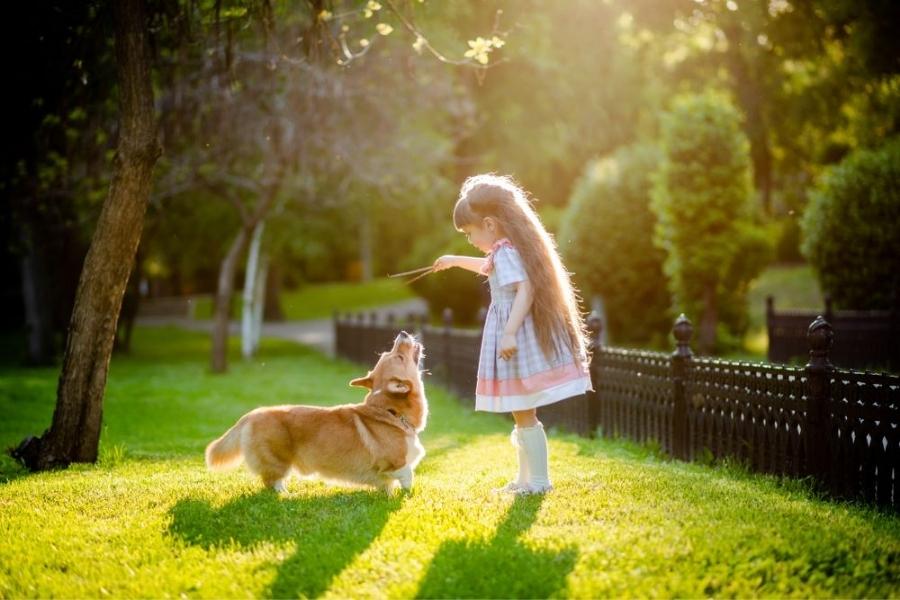
Supervise and redirect
Keep a close eye on your Corgi, especially during their teething phase or when they show a tendency to chew on inappropriate items. When you catch them chewing on something they shouldn’t, calmly redirect their attention to an appropriate chew toy. Praise and reward them when they chew on the correct items.
Exercise and mental stimulation
Make sure your Corgi gets enough movement and mental stimulation all day long. Regular walks, playtime, and other activities can help keep your dog from getting bored and lower the chance that it will chew too much. Puzzle toys, interactive games, and training sessions are all ways to keep your mind busy.
Puppy-proof your home
Remove or secure items that may tempt your Corgi to chew on them. Keep shoes, clothing, electrical cords, and other valuable or dangerous objects out of their reach. Use baby gates or crate training to restrict access to certain areas of your home until they develop better chewing habits.
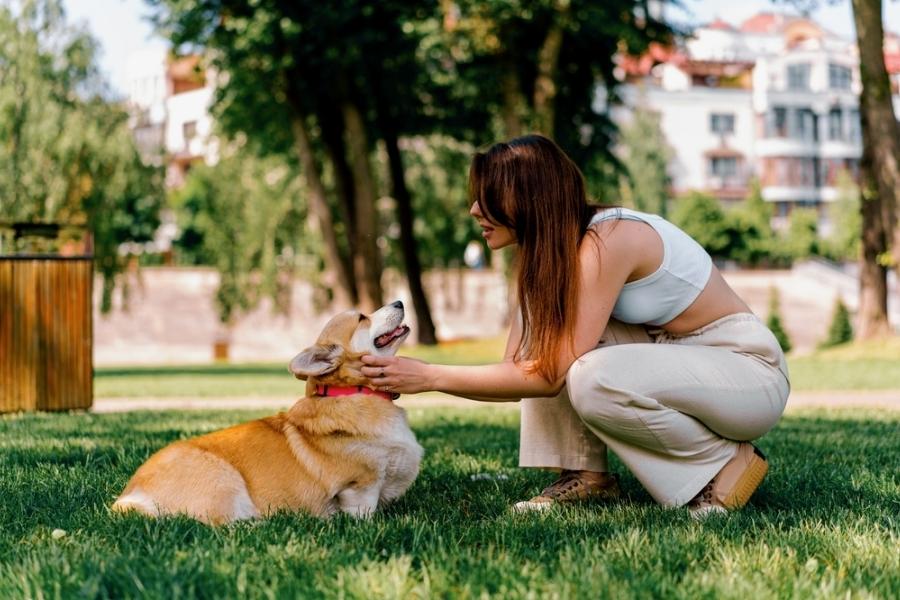
Seek professional help if needed
If your Corgi chews too much, destroys things, or is hard to control, you might want to talk to a skilled dog trainer or behaviorist. They can provide personalized guidance and additional strategies to address specific chewing challenges.
Positive reinforcement training
Use positive reinforcement techniques to teach your Corgi what is acceptable to chew on. Reward them with praise, treats, or playtime when they chew on their designated toys. Consistency and repetition are key to reinforcing the desired behavior.

